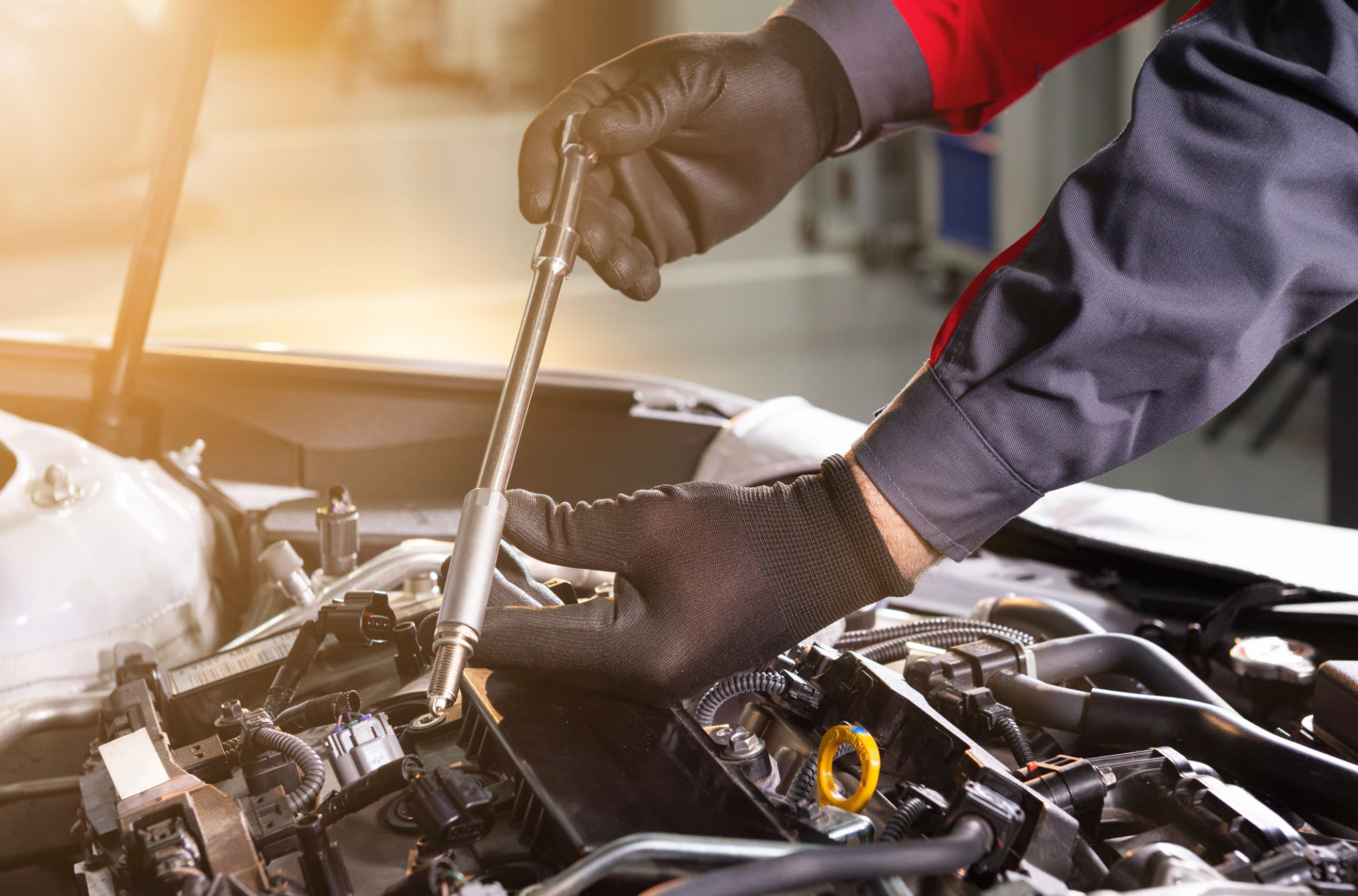The Impact of Local Regulations on Collision Repair in Wailuku
Understanding Local Regulations
When it comes to collision repair in Wailuku, understanding local regulations is crucial for both repair shops and vehicle owners. These regulations are designed to ensure safety, maintain quality standards, and protect the environment. Compliance not only helps in avoiding legal issues but also builds trust with customers who seek reliable and professional services.
Local regulations may vary significantly from state and federal laws, often imposing additional requirements on repair facilities. It is essential for businesses to stay updated with these regulations to operate smoothly. This awareness also empowers car owners to make informed decisions about where to take their vehicles for repairs.

Key Areas Affected by Regulations
One of the critical areas affected by local regulations in Wailuku is the use of materials and disposal methods. Repair shops must adhere to strict guidelines regarding the disposal of hazardous materials like paint, solvents, and oils. Additionally, regulations may dictate the types of materials that can be used in repairs, impacting everything from paint finishes to parts replacement.
Another significant aspect is the certification and training of technicians. Local laws may require technicians to have certain certifications or complete specific training programs. This ensures that all repairs are performed by qualified professionals, maintaining high standards of safety and quality.
Licensing and Permits
Operating a collision repair shop in Wailuku requires obtaining the necessary licenses and permits. These permits are crucial for legally carrying out repair work and often include zoning approvals, environmental permits, and business licenses. Adhering to these requirements can sometimes be a complex process, but it is essential for legal operations.

Environmental Considerations
Environmental protection is a significant focus of local regulations in Wailuku. Collision repair shops must follow stringent guidelines to minimize their environmental impact. This includes proper waste management practices, using eco-friendly materials where possible, and ensuring that emissions from repair activities meet local standards.
For instance, spray booths used for painting must have adequate ventilation systems to prevent harmful emissions. Repair facilities are also encouraged to recycle materials whenever possible, contributing to a more sustainable industry overall.
Customer Impact and Awareness
For vehicle owners, understanding how local regulations affect collision repair can influence their choice of repair shop. Customers tend to prefer businesses that comply with legal standards as it assures them of the quality and safety of repairs. Transparent communication about compliance can enhance a repair shop's reputation and customer satisfaction.

The Future of Collision Repair in Wailuku
Looking forward, the impact of local regulations on collision repair in Wailuku is likely to evolve with technological advancements and increasing environmental concerns. Repair shops will need to adapt to new regulations that may arise with the introduction of advanced vehicle technologies and materials.
Staying ahead by investing in training, technology, and sustainable practices will be key for businesses aiming to thrive in this dynamic environment. By doing so, they not only comply with regulations but also position themselves as leaders in the industry.